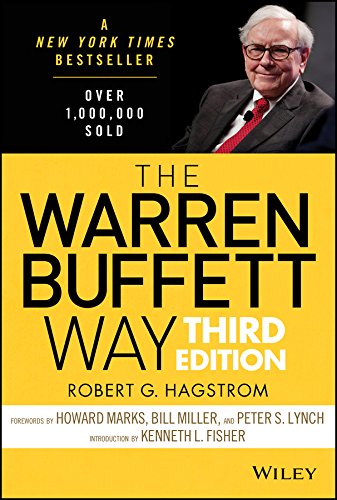Rational vs. Lazy Thinking
I’m finishing up The Warren Buffett Way by Robert Hagstrom. I’m interested in learning more about psychology to improve my decision-making. Hagstrom addresses the psychology of Warren Buffett throughout the book but also dives into broader psychological concepts. One that resonated with me was rationality. Here are a few passages I highlighted:
Rationalism, according to the Oxford American Dictionary, is a belief that one’s opinions or actions should be based on reason and knowledge rather than emotions. A rational person thinks clearly, sensibly, and logically.
The first thing to understand is that rationality is not the same as intelligence. Smart people can do dumb things.
In Keith Stanovich’s book What Intelligence Tests Miss: The Psychology of Rational Thought, Stanovich coined the term dysrationalia: the inability to think and behave rationally despite high intelligence. Research in cognitive psychology suggests there are two principal causes of dysrationalia. The first is a processing problem. The second is a content problem. Let’s look at them closely, one at a time.
Stanovich believes we humans process poorly. When solving a problem, he says, people have different cognitive mechanisms to choose from. At one end of the thinking spectrum are mechanisms that have great computational power. But they come with a cost. They require slower thinking and a great deal of concentration. At the opposite end of the thinking spectrum are mechanisms with very little computational power; they require very little concentration and permit quick decisions. “Humans are cognitive misers,” wrote Stanovich, “because our basic tendency is to default to the processing mechanisms that require less computational effort, even if they are less accurate.” In a word, humans are lazy thinkers. They take the easy way out when solving problems; as a result, their solutions are often illogical.
I’ve never considered the processing power it takes to think rationally, but this framing makes sense. When solving a complex problem, I’ve found that quick decisions usually aren’t the right decisions. I must sit back and focus on the problem. Think a few layers deep. When I’ve done this, I’ve often come up with some of my best ideas.
I like this framing of rational thinking: It’s the result of concentration and deep thought. If you try to solve a hard problem without them, you aren’t being rational; you’re being a lazy thinker and increasing your odds of making illogical decisions.




